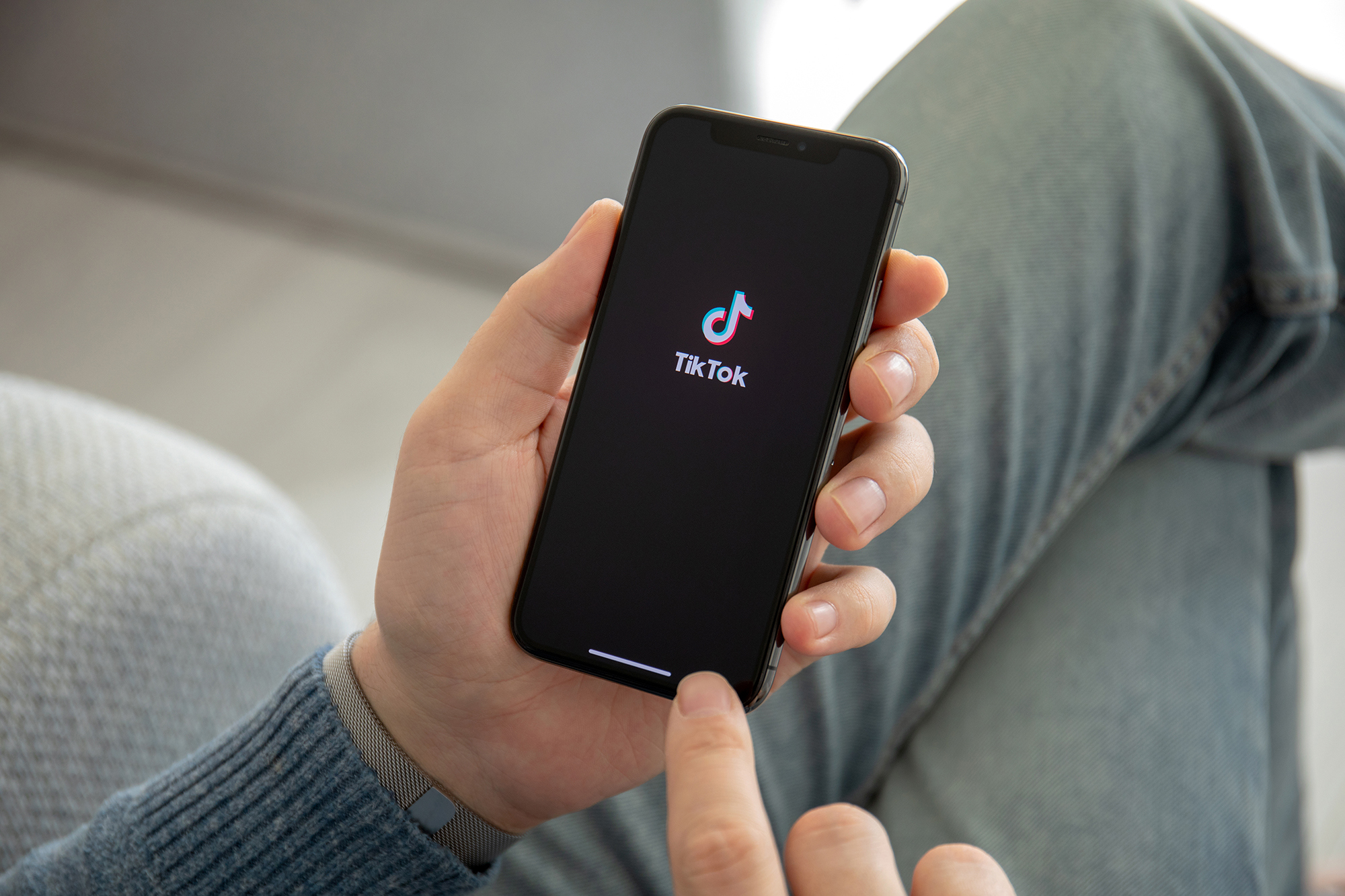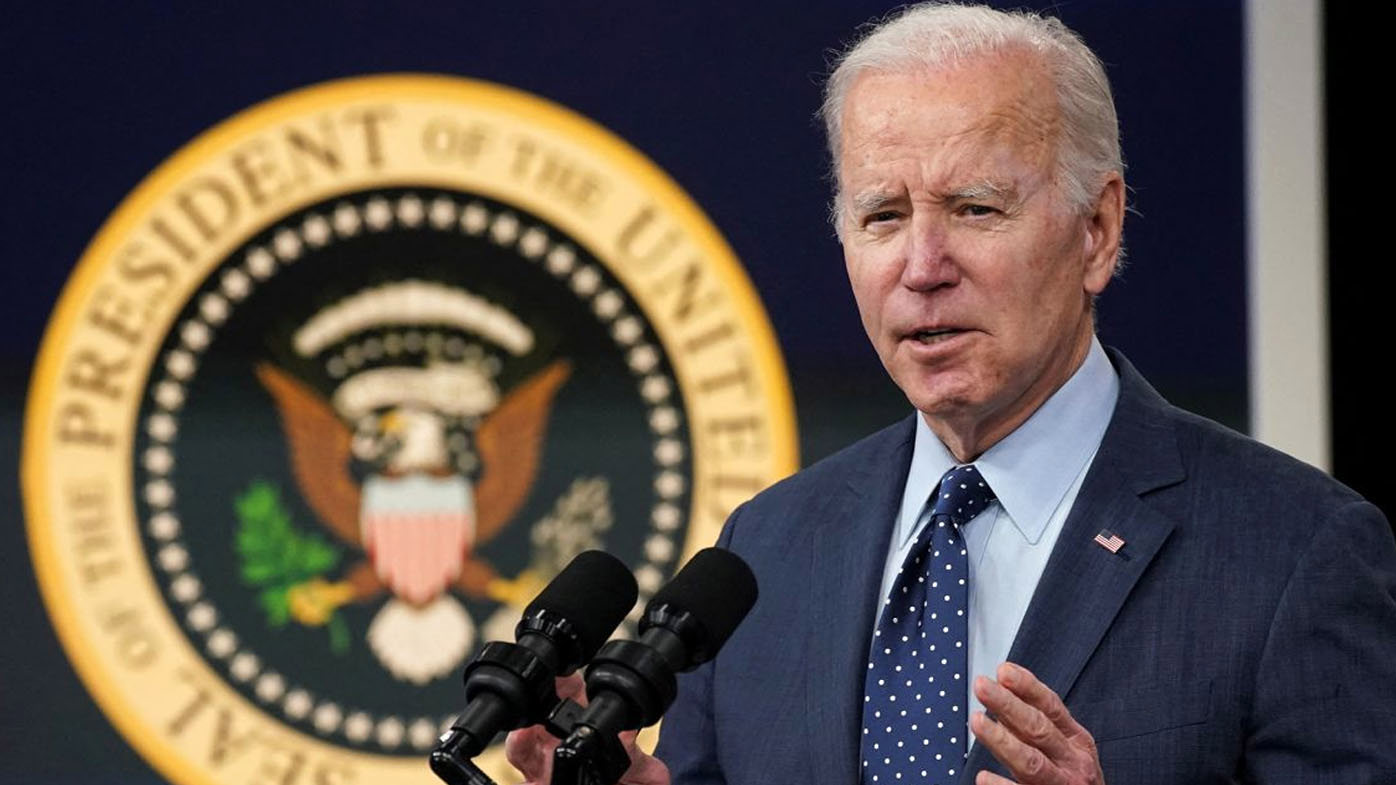China has accused the US of overreacting after federal employees were ordered to remove the app TikTok from government-issued phones - but US leaders are considering further action.
Canada recently joined the wave of government employee bans for the app, forms of which have also been activated in numerous US states and much of the EU.
Australian cyber safety expert Susan McLean said that if the US and Canadian governments were this concerned, Australia should be "looking at it very seriously as well".
READ MORE: Toyah Cordingley's accused killer to arrive in Melbourne today

"I think that if anyone actually knew the data that was being collated on them when they used it, how it was being used, and the fact that it can be fed back to the Chinese Communist Party, many people would simply walk away - but there is not a great understanding of that," she told Today.
She said if it was about security and safety, then it was always better to take action than to say it was too late.
"Sooner might have been better," she said.
"It is really irrelevant whether it is popular with young people, they are not the primary target in this in relation to security issues, but I think that Australia needs to seriously look at it and think about the impact."
Sign up here to receive our daily newsletters and breaking news alerts, sent straight to your inbox.
US considering sweeping ban
Meanwhile, a powerful US House committee is set to vote today on a bill that would make it easier to ban TikTok from the US wholesale, and crack down on other China-related economic activity, amid vocal objections from civil liberties advocates who argue the proposal is unconstitutionally broad and threatens a wide range of online speech.
The legislation — introduced Friday and fast-tracked by Foreign Affairs Committee Chairman Michael McCaul — would empower the Biden administration to impose a nationwide TikTok ban under the International Emergency Economic Powers Act (IEEPA).
The bill's text specifically names TikTok and its parent, ByteDance, and requires President Joe Biden to impose penalties against the companies, up to and potentially including a ban, if the administration determines they may have knowingly transferred TikTok's user data to "any foreign person" working for or under the influence of the Chinese government.
READ MORE: China hits back at US over COVID-19 lab leak theory

Sanctions would also be required if the Biden administration finds the companies helped the Chinese government engage in surveillance, hacking, censorship or intelligence-gathering; facilitated election meddling in the US or in another democratic ally; or helped the Chinese government influence US policymaking, among other things.
The bill, known as HR 1153 or the Deterring America's Technological Adversaries Act, also weakens a 35-year-old law, known as the Berman Amendment to IEEPA, that prohibited the US government from restricting the free flow of "informational materials" such as movies, photos, news and eventually electronic media to and from foreign countries, even those under US sanction.
Legal experts and even some TikTok creators have cited the Berman Amendment as a potential barrier to a nationwide TikTok ban because it may violate the Berman Amendment's protections for electronic information.
READ MORE: X-ray goggles can see through wood to find missing items
The legislation being considered this week specifies that "sensitive personal data" does not qualify for the Berman Amendment's protections, allowing the US government to impose restrictions on the international flow of data under IEEPA.
The legislation reflects US lawmakers' urgency amid fears that TikTok or ByteDance could be pressured by the Chinese government to hand over the personal information of its US users. US officials have said that the data could benefit China by facilitating targeted misinformation campaigns or by providing it with intelligence targets.
In a statement, TikTok spokesperson Brooke Oberwetter called for the Biden administration to finalise a proposed national security deal that has been in the works for years and that is designed to address those concerns.
"Over 100 million Americans use and love TikTok," Oberwetter said.
"It would be unfortunate if the House Foreign Affairs Committee were to censor millions of Americans, and do so based not on actual intelligence, but on a basic misunderstanding of our corporate structure.
"TikTok Inc is a US company bound by US law, and we are two years and US$1.5 billion ($2.23 billion) deep into a project to go above and beyond existing law to secure the US version of the TikTok platform."
The American Civil Liberties Union on Monday blasted the legislation as "vague and overbroad," and accused lawmakers of rushing the bill to a committee vote within days of its introduction without holding a hearing on the proposal.
In seeking to restrict access to a specific social media platform, the bill risks violating Americans' First Amendment rights to free expression, the ACLU said.
Under the bill, the US government could seek to impose similar penalties and restrictions on any US citizen who "may transfer sensitive personal data" to "any foreign person" who is "subject to the jurisdiction" or "is otherwise subject to the influence of China."
But terms such as "may be facilitating" or "subject to the influence of China" could be broadly interpreted to encompass a wide range of innocuous economic activity, and could expose Americans to enormous legal risk, the ACLU wrote in a letter to McCaul and the ranking Democrat on the committee, Representative Gregory Meeks.
"It would be impossible for the average person to know what the term 'subject to the influence of China' means, and the term is not defined in the legislation," the letter said.
"Would an entity be under the influence of China if the CEO's sister had moved there, or married a Chinese person? Would an entity be under the influence of China if the CEO regularly travels there for leisure?"
The ACLU also took aim at the bill's proposed changes to the Berman Amendment, calling them a "slippery slope" that could lead to further efforts to chip away at the law that would "leave US residents without some of their favorite international books, movies, and artwork."
Source: https://ift.tt/a9TZRtD
Comments
Post a Comment